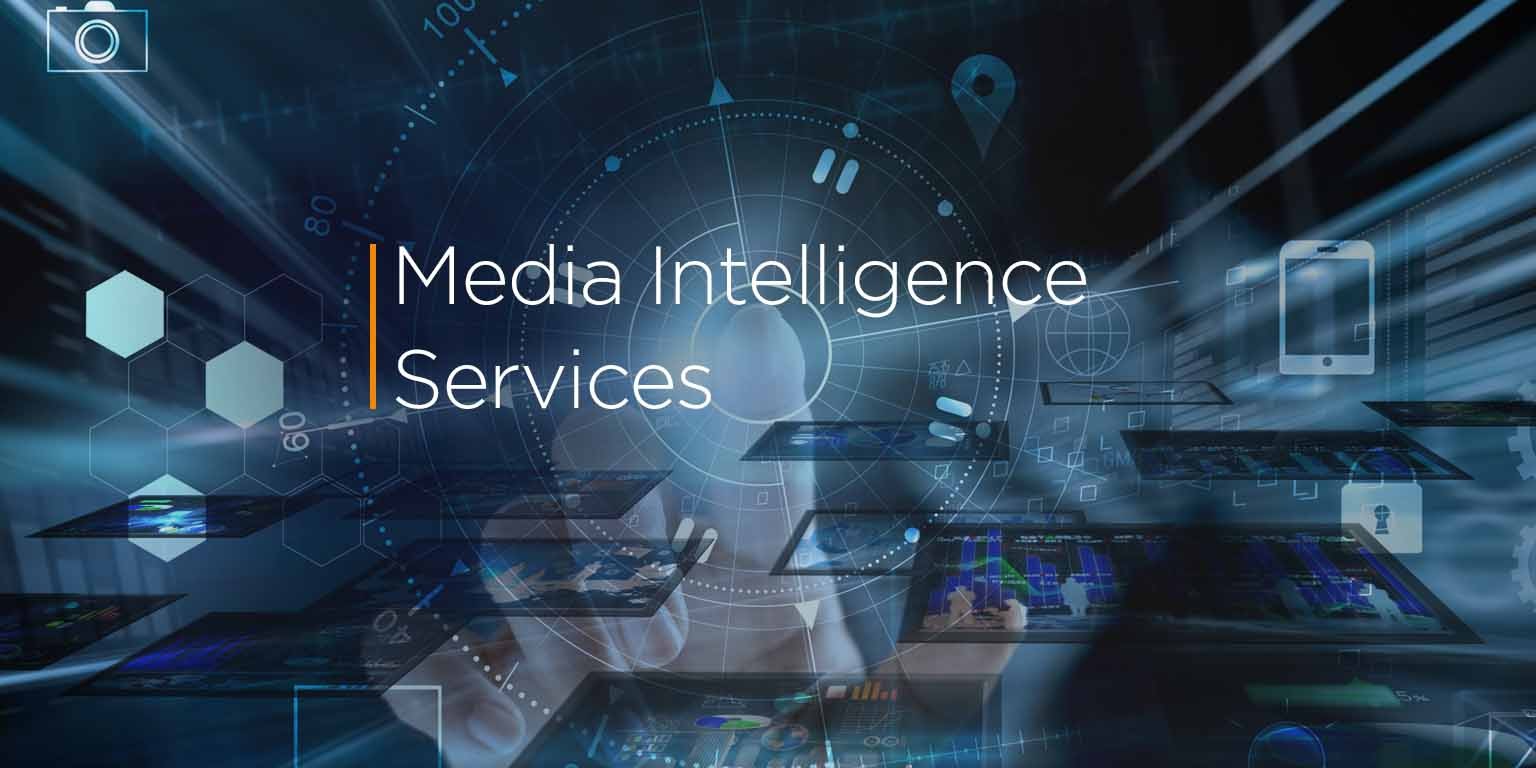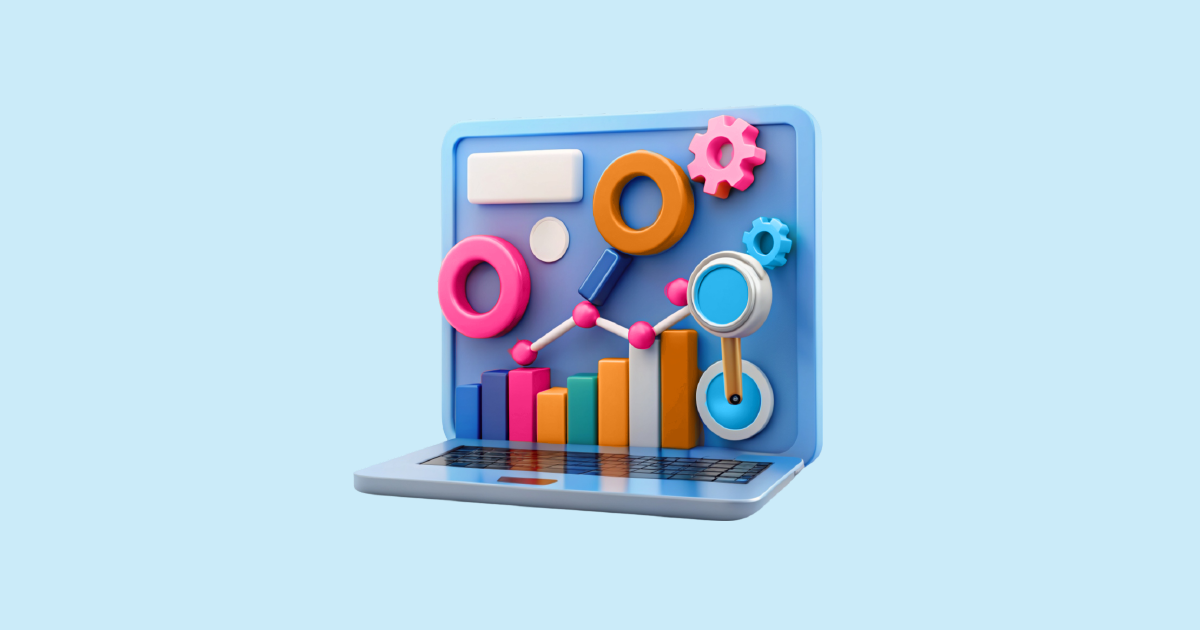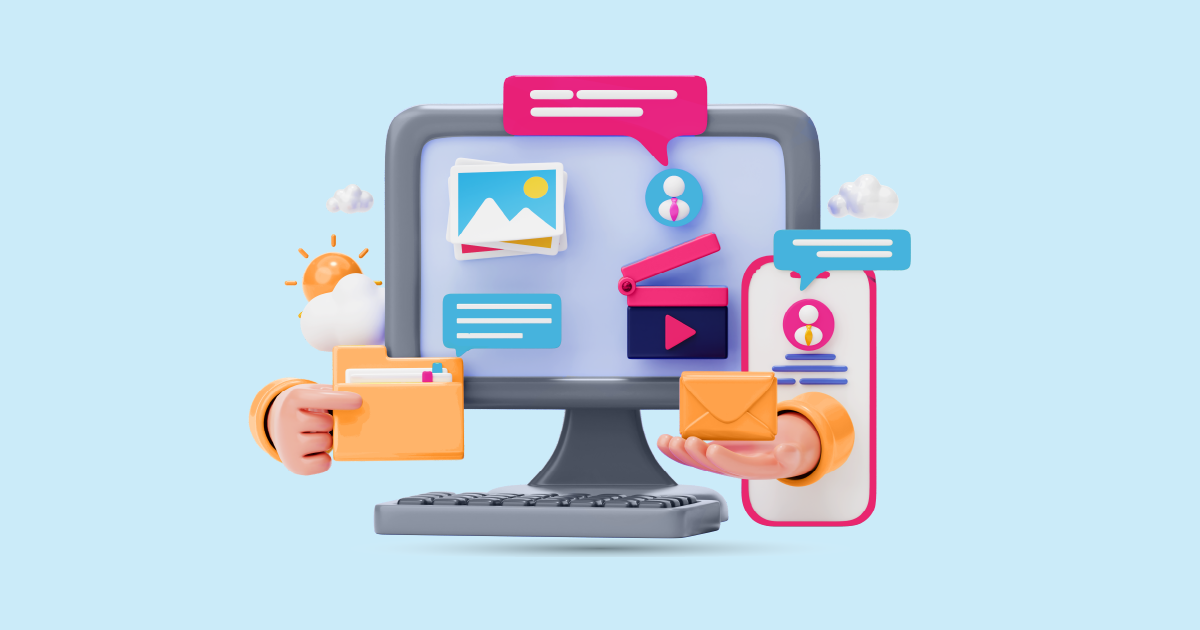In today’s fast-paced digital world, keeping abreast of what’s being said about your brand, competitors, and industry is crucial for success. This is where media intelligence services come into play. These services provide invaluable insights derived from analyzing vast amounts of media data, helping businesses make informed decisions and stay ahead of the curve.
Key Features of Media Intelligence Services

1. Real-time monitoring
Media intelligence services offer real-time monitoring of various media channels, including social media, news websites, blogs, and forums. This enables businesses to stay updated on relevant conversations and emerging trends as they happen.
2. Sentiment analysis
By analyzing the sentiment of mentions, media intelligence services provide valuable insights into public perception and brand sentiment. This allows businesses to gauge their reputation and identify areas for improvement.
3. Competitor analysis
Media intelligence companies also track competitors’ activities and sentiments, providing valuable benchmarking data. This enables businesses to stay ahead of the competition and identify opportunities and threats in the market.
4. Trend identification
By analyzing media data, these services identify emerging trends and topics relevant to the industry. This helps businesses capitalize on opportunities and stay ahead of changes in consumer behavior.
Industries Benefiting from Media Intelligence
1. Marketing and advertising
Media intelligence companies help marketing and advertising professionals track campaign performance, measure ROI and identify opportunities for optimization. This enables them to create more targeted and effective marketing strategies.
2. Public relations
In the realm of public relations, media intelligence services assist in reputation management, crisis communication, and stakeholder engagement. By monitoring media mentions and sentiment, PR professionals can proactively address issues and maintain a positive brand image.
3. Brand management
For brand managers, media intelligence services provide valuable insights into brand perception, competitor activity, and market trends. This enables them to make informed decisions regarding brand positioning, messaging, and partnerships.
4. Crisis management
During crises, media intelligence companies play a crucial role in monitoring public sentiment, identifying potential issues, and crafting timely responses. This helps businesses mitigate reputational damage and navigate turbulent times effectively.
How Media Intelligence Services Work
Media intelligence services follow a three-step process:
1. Data collection
These services collect data from various sources, including social media platforms, news websites, blogs, and forums. This data includes mentions of relevant keywords, topics, and brands.
2. Data processing
Once collected, the data is processed and analyzed using advanced algorithms and machine learning techniques. This involves categorizing mentions, identifying sentiment, and extracting key insights.
3. Analysis and insights generation
Finally, media intelligence services generate actionable insights and reports based on the analyzed data. These insights help businesses understand their audience, track performance, and make data-driven decisions.
Advantages of Media Intelligence Services
1. Improved decision-making
By providing timely and relevant insights, media intelligence services empower businesses to make informed decisions across various departments, from marketing to product development.
2. Enhanced brand reputation management
Media intelligence companies enable proactive reputation management by monitoring brand mentions and sentiment in real-time. This allows businesses to address issues promptly and maintain a positive brand image.
3. Competitive advantage
By tracking competitors’ activities and sentiment, media intelligence companies help businesses stay ahead of the curve and identify opportunities for differentiation and growth.
4. Cost-effectiveness
While traditional market research methods can be expensive and time-consuming, media intelligence services offer a cost-effective solution for monitoring and analyzing media data.
Challenges and Limitations
1. Information overload
With the abundance of data available, businesses may struggle to filter through the noise and extract actionable insights. This highlights the importance of using advanced analytics and filtering techniques.
2. Accuracy issues
While AI and machine learning have improved accuracy, there’s still a risk of inaccuracies in sentiment analysis and data interpretation. Businesses should validate insights with additional sources whenever possible.
3. Privacy concerns
The collection and analysis of media data raise privacy concerns, particularly regarding user-generated content on social media platforms. Businesses must ensure compliance with data protection regulations and ethical guidelines.
Future Trends
1. Integration with big data analytics
Media intelligence services will continue to integrate with big data analytics platforms, enabling deeper insights and more robust predictive modeling capabilities.
2. Further automation and AI advancements
Advancements in automation and AI will streamline the media intelligence process, from data collection to insights generation, making it more efficient and scalable.
3. Enhanced customization and personalization
Media intelligence companies will become more tailored to individual businesses’ needs, offering customizable dashboards, reports, and insights based on specific goals and objectives.
Case Studies
1. Successful implementation in a marketing campaign
Company X leveraged media intelligence companies to track social media mentions and sentiment during a product launch campaign. By analyzing real-time data, they were able to identify key influencers, monitor campaign performance, and make data-driven adjustments, resulting in a 20% increase in brand awareness.
2. Crisis management scenario
During a public relations crisis, Company Y used media intelligence services to monitor public sentiment, identify potential issues, and craft timely responses. By proactively addressing concerns and communicating transparently with stakeholders, they were able to mitigate reputational damage and restore trust in the brand.
Conclusion
Media intelligence services play a vital role in helping businesses navigate the complex digital landscape. By providing real-time insights into media mentions, sentiment, and trends, these services empower organizations to make informed decisions, manage their brand reputation effectively, and stay ahead of the competition.
Ready to experience the power of media intelligence firsthand? Request a demo from AIM Technologies today and discover how our innovative solutions can revolutionize your media monitoring and analysis processes.
FAQs
What exactly are media intelligence services?
- Media intelligence companies are tools and platforms that monitor, analyze, and interpret media data from various sources, including social media, news websites, blogs, and forums, to provide businesses with actionable insights.
How do media intelligence services differ from traditional media monitoring?
- While traditional media monitoring primarily focuses on print and broadcast media, media intelligence companies encompass a broader range of digital channels, including social media, blogs, and forums. Additionally, media intelligence services leverage advanced technologies like AI and machine learning for real-time analysis and insights generation.
Can small businesses benefit from media intelligence services?
- Yes, media intelligence companies are scalable and can be tailored to fit businesses of all sizes. Small businesses can use these services to monitor their brand reputation, track competitors, and identify market trends, helping them make informed decisions and stay competitive in their industry.
Are media intelligence services affordable for startups?
- Many media intelligence service providers offer tiered pricing plans to accommodate businesses of all sizes, including startups. Additionally, some providers offer free trials or basic versions of their platforms, making it easier for startups to access essential media monitoring and analysis capabilities.
How can one choose the right media intelligence service provider?
- When choosing a media intelligence service provider, businesses should consider factors such as the breadth and accuracy of data coverage, the sophistication of analytics and insights generation, ease of use, scalability, and cost. It’s also essential to assess the provider’s reputation, customer support, and data security measures to ensure a reliable and trustworthy partnership.




